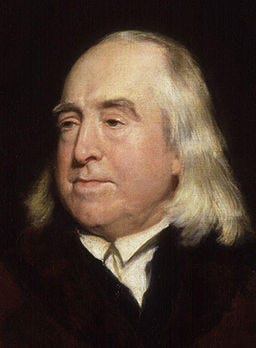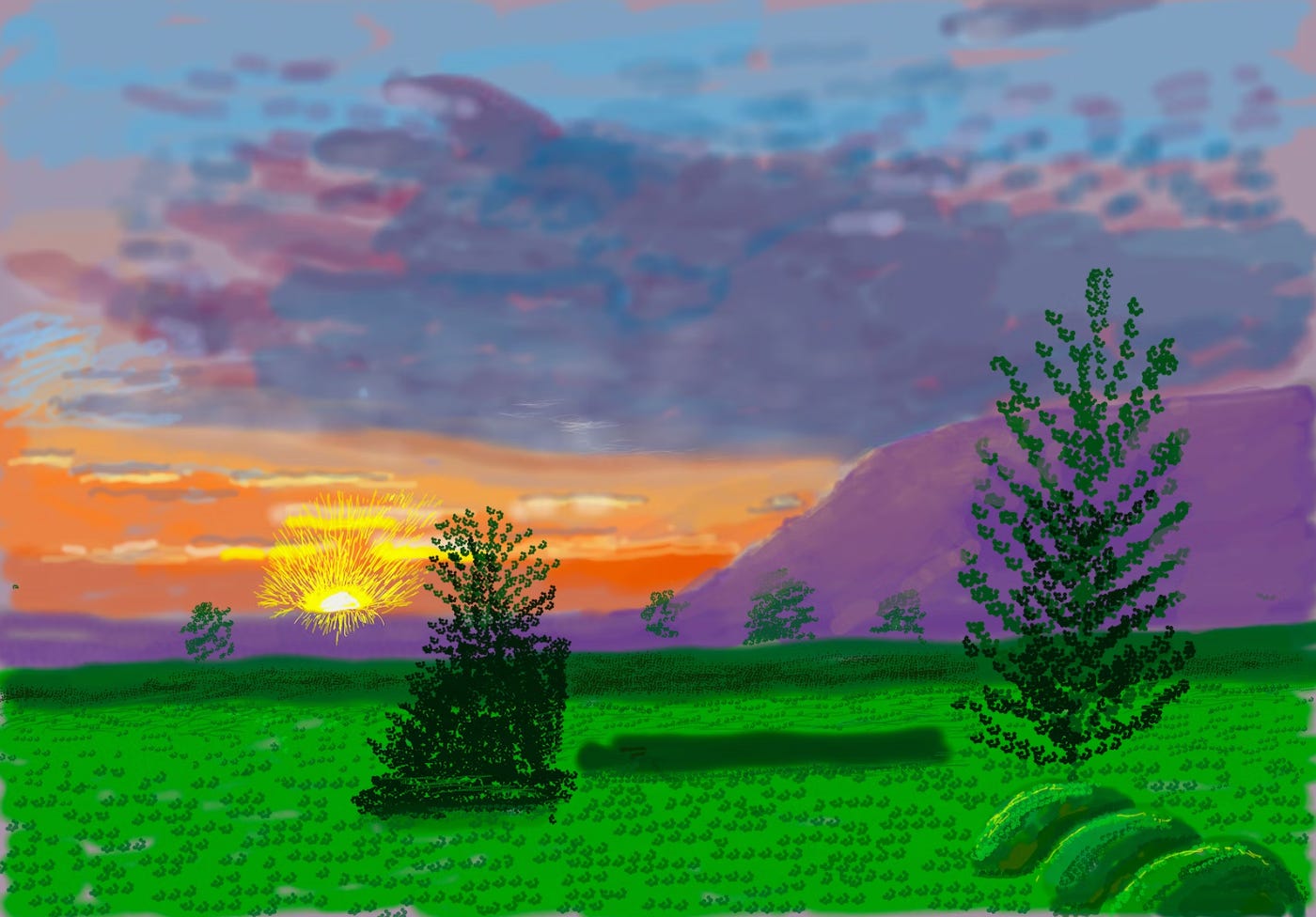NBN Newsletter #5: The World Cup
Featuring a curated playlist, an episode spotlight, and a Q+A with Professor Zeynep Pamuk
GOOOOOAAAAALLLLLLLL!!!!!
With the FIFA World Cup in Qatar underway, soccer (or football) takes center stage as the primary venue for nations to exercise soft power. While soccer is a sport, it is also a complex international institution. As a global sports event, it is only rivaled in popularity by The Olympics. Over the course of the whole World Cup, billions of people will have watched at least one game.
The drama on the field will likely be matched by the drama off the field. So far there has been controversy over how Qatar was chosen as the host country, controversy over bans on beer and armbands displaying pride flags, tensions between international rivals, and more than 400 deaths of migrant workers.
In this week’s playlist, we feature episodes about the World Cup: its role in international politics, the cultural significance of soccer around the globe, FIFA’s place on the world stage, and the history of the beautiful game.
Scholarly Sources
Zeynep Pamuk is Assistant Professor in Political Theory in the Department of Government at the London School of Economics.
Q: What are you reading right now?
A: Lorraine Daston’s Rules: A Short History of What We Live By.
Q: What is your favorite book or essay to assign to students and why?
A: Justice and the Politics of Difference by Iris Marion Young because it speaks directly to issues of identity and social justice that my students are concerned with and makes a clear and powerful argument.
Q: Is there a book you read as a student that had a particularly profound impact on your trajectory as a scholar?
A: Against Method by Paul Feyerabend.
Q: Which deceased writer would you most like to meet and why?
A: Jeremy Bentham because he was so eccentric and funny.
Q: What's the best book you've read in the past year?
A: Free: Coming of Age at the End of History by my brilliant colleague Lea Ypi.
Q: Have you seen any films, documentaries, or museum exhibitions that left an impression on you recently?
A: I saw a David Hockney exhibit called The Arrival of Spring, Normandy, 2020 at the Sabanci Museum in Istanbul, which was very life-affirming. I also watched Drive My Car and Wheels of Fortune and Fantasy by Ryusuke Hamaguchi recently and enjoyed them both.
Q: What do you plan on reading next?
A: I bought The Life of the Mind by Christine Smallwood a few months ago but couldn't get to it. It's next on my list!
Episode Spotlight
In this week’s episode spotlight, Owen Bennett-Jones speaks with Sue-Lin Wong about Xi Jinping and the future of China. Currently, Sue-Lin hosts the podcast, The Prince: Searching for Xi Jinping, produced by The Economist.
New Books, Links, and Other Things
Lee Alan Dugatkin, The Altruism Equation: Seven Scientists Search for the Origins of Goodness (Princeton UP)
Rani-Henrik Andersson and David C. Posthumus, Lakhota: An Indigenous History (U of Oklahoma Press)
Paul Moore and Sandra Gabriele, The Sunday Paper: A Media History (U of Illinois Press)
Robin L. Owens, My Faith in the Constitution is Whole: Barbara Jordan and the Politics of Scripture (Georgetown UP)
Gottfried Adam, Thumb Bibles: The History of a Literary Genre (Brill)
Charlton W. Yingling, Siblings of Soil Dominicans and Haitians in the Age of Revolutions (U of Texas Press)
https://www.scaruffi.com/
Blurbs
(If you’ve just finished an exceptionally engrossing book, listened to a great NBN episode, discovered a new podcast, or stumbled across an interesting website, please email caleb@newbooksnetwork.com)
“Cory Doctorow and Rebecca Giblin’s Chokepoint Capitalism takes the epithet "hipster antitrust" literally. The book's main characters are not the usual suspects often featured in antitrust debates. The embattled entrepreneur or the proverbial yeoman farmer don't figure into the equation here. Instead, the authors direct their attention to the creative class: the musicians, screenwriters, and content creators that make up one of the fastest-growing sectors of the economy and anchor the soft power of the nation. The starving artist is a familiar trope. Yet, the vast majority of creators today find themselves in an even more precarious position than their bohemian forebears did. What ails them? In short, monopsony power.
Giblin and Doctorow argue that cultural creators have fewer buyers in the market to sell their goods to and face centralized digital platforms that unfairly set the rules of the game. Ever larger corporations engorged on a decades-long diet of mergers and takeovers control every corner of the culture industry and squeeze it for profits. The tastemakers in the boardrooms select for predictability and blunt the edges of creative expression.
The authors speak to a widely held sense today of a less dynamic landscape for entertainment and the arts. His diagnosis avoids the overwrought decadence explanation, as figures such as Ross Douthat would have you believe. The real culprits are the monopolists creating the conditions for a cancerous philistinism to spread.”
-Luke Goldstein (Washington, D.C.)











